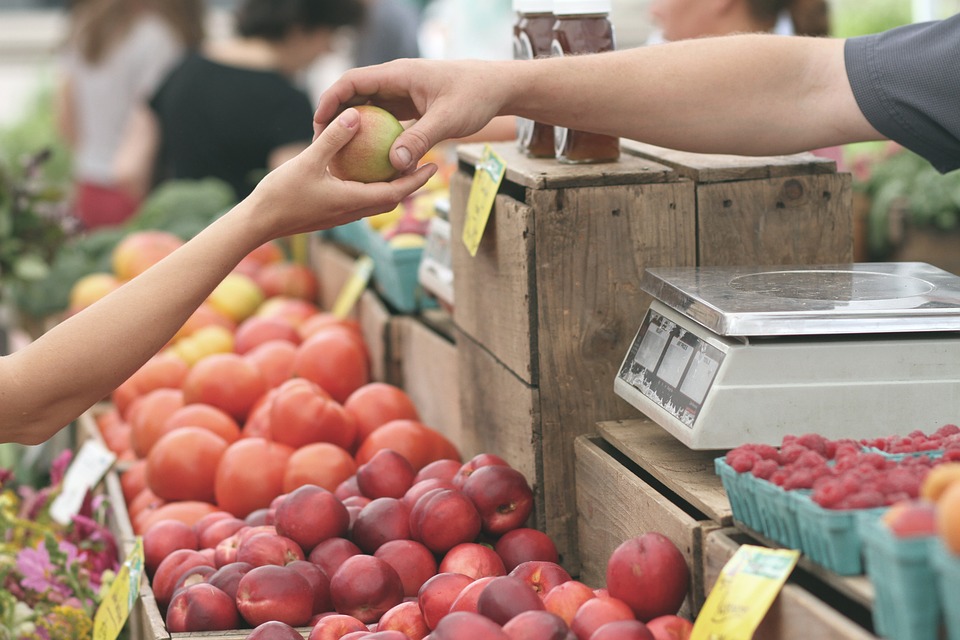This article was published in The Conversation under a Creative Commons licence. It also ran in the National Post.

One of the key commitments the federal government made upon taking office was to establish a food policy for all Canadians.
The rationale was simple. Although, or perhaps because, food intersects so many aspects of life — including the health of Canadians, the sustainability of our environment and the competitiveness of our industry — it falls between ministerial portfolios. Comprehensive policy on something as complex and important as food, therefore, needs a “whole-of-government” approach.
Consequently, food experts across the country grew excited when we learned that mandate letters for both the Minister of Agriculture and Agri-Food and the Minister of Health required them to establish a holistic, comprehensive and coordinated food policy.
The first step was for the government to launch a consultation in 2017. This included workshops and town halls across the country, a food summit in Ottawa and an online survey where approximately 45,000 Canadians expressed their opinions.
Environment a top priority
I participated in many of these activities, including co-convening an ad hoc working group together with Food Secure Canada, the Canadian Federation of Agriculture and Maple Leaf Foods. Together, this group of academics, industry players and NGOs helped provided input and created dialogue.
Last week, the government released its “what-we-heard” report that summarizes the consultations and puts us on a path to the formal release of the policy, expected later this year.
The results of the “what-we-heard” report are illuminating. Not only did almost 45,000 Canadians fill in the survey, but also 75 per cent of them were women. Both the number of people, and the number of women, is unusual for this sort of survey and shows how important food, and food policy, is for a huge number of Canadians.
Another striking result is the extent to which Canadians expressed a desire to see a safer and cleaner environment. Fully 76 per cent of respondents said that “conserving our natural resources” was a top priority for the food policy.
Within the environmental theme, helping Indigenous communities protect northern food systems from climate change and reducing food waste were major priorities.
High prices in northern communities
Other topics Canadians identified as vital included ensuring that our food is as safe as possible and a focus on health and food literacy.
And of course, economic growth was highlighted along with the government’s target of increasing our agricultural and food exports to $75 billion by 2025. There was also a particular acknowledgment that northern and remote communities struggle with both high food prices as well as carrying a disproportionate burden of diet-related chronic diseases such as diabetes.
The “what-we-heard” report is not a policy document; instead, it’s designed to be a mechanism whereby government reports back to constituents. However, there are some specific policy initiatives hinted at in the report that we might expect to see in the formal food policy when it’s released.
Action looms ahead?
First, it seems reasonable to anticipate the government is planning action on northern food insecurity and food waste.
Second, the report states there is a need to improve opportunities to collect, share and analyze data across the food system.
Presumably, this could involve creating the structures that would allow farm-level data to be linked with environmental monitoring data and include data on economic competitiveness and consumer preferences and decisions.
Bringing all these together is a gargantuan task but is absolutely necessary to ensure that future food policies can be evidence-based and empirically grounded.
Finally, the government has stated that for any such specific initiatives to work effectively, it needs to create a long-term governance mechanism — such as a National Food Policy Council — that will ensure coordination with all levels and orders of government.
Indigenous voices must be included
Creating such a structure is necessary and was the subject of the aforementioned ad hoc working group that we formed to provide input into this process.
If we ever want food policy to be carefully and holistically addressed by government, the creation of a body that bridges ministers, departments and levels of government must be created. And such a body must include Indigenous voices alongside industry, academics and civil society.
Read more:
The promise of a national food policy for Canada
The report is an optimistic indication that the much-needed food policy is just around the corner and will result in both healthier and more sustainable food for Canadians as well as a stronger agri-food industry.
Seizing upon this opportunity to create a long-term governance mechanism will help ensure that the needs and concerns of Canadian are met in the long term through targeted and evidence-based programs.
Overall, the what-we-heard report suggests that we are on the right track to a policy that will deliver what our country needs. Those of us who filled in the survey, attended the town halls and provided written input look forward to seeing the full policy when it is released.![]()